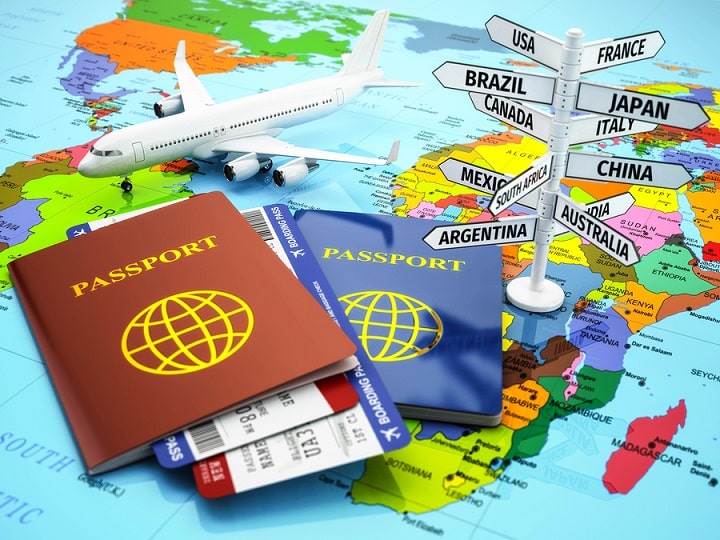International business translation needs vary from one industry to another. There is no one-fits-all approach to this growing service. However, there are common factors that all business owners or decision makers must keep in mind in order to achieve their global marketing goals. The outline can be modified to appeal to any of the major industries that need translation. These include:
- Tourism and international travel
- Legal services
- Medical services
- Financial services
- ICT
- Website localization
- Immigration services
The 5 common international business translation considerations are discussed below.
1. Qualifications
Some kind of qualification is necessary for a successful translation business. Some people are self-taught interpreters but still they had to learn both source and target languages. Such people also need to continuously educate themselves on the cultural and languages changes in their chosen source and target languages.
Depending on the industry, a bachelor’s degree and specific translation certifications can offer an advantage to those who have them. A company with such qualified persons can do better than its competitors who depend on ordinary translators. In all cases, the clear and deep understanding of the target language culture is of paramount importance.
2. Resources
This specifically refers to human resources. A translation company must be ready to meet the growing service demands that come with a growing business. Scaling up the number of language and cultural experts will help such a company to maintain a pool of happy customers.
Having these professionals at hand enables a company to take jobs from diverse industries with confidence.
3. Consistent quality jobs
Different people can translate terms and phrases with the same meaning in different ways. Although this may not be a problem to some customers, to others it will be confusing and the message will be lost to them. To overcome this, a company needs to:
- Standardize language translation
- Create a terminology or glossary list
- Define language style and tone
These steps apply for every language that the company translates to. Such an approach creates consistency in translation in all documents or other media.
4. Translation tools
It is difficult, if not impossible to maintain language translation consistency based on memory. Use of documents (word document, excel etc.….) as memory aids may be helpful to some extent but it is tedious and expensive in the long run. The solution to this is to invest in translation memory software.
When translation memory software is combined with a computer assisted translation (CAT) among other relevant programs, the results are consistent and superior services. Although the initial investment for this approach is high, the long-term benefits outweigh them.
5. Outsourcing
While some companies will have their own in-house translation services, outsourcing is a better option. Employee movement (leaving the company) can create challenges in maintaining a pool of qualified translators. This will eventually reflect in the quality of services offered. On the other hand professional translation service firms can afford to invest in both human and technology resources. Such companies have consultant linguistic experts who guarantee consistently high quality translation jobs.
A translation consultancy company can continuously upgrade their tools to meet the general translation needs and new language or cultural developments. This is possible because this is their core business. Companies that depend on their staff to do all this can easily lose to their competitors.
Every business has its unique needs. Identifying and following the international translation business needs discussed above will make such a company stand out among its peers.











